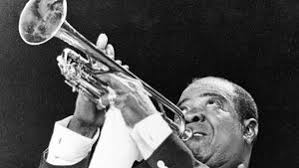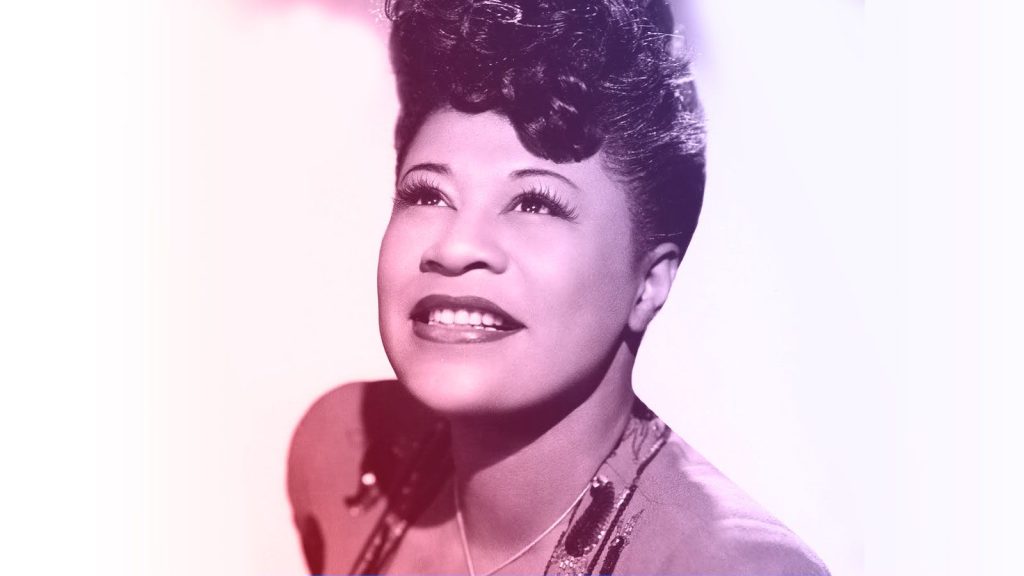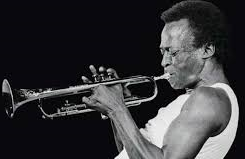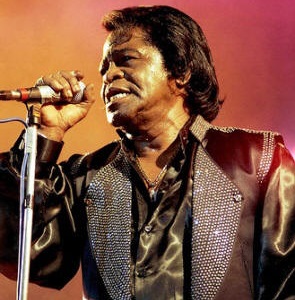February is Black History Month. This years theme is African Americans and the Arts. So throughout the month, I will highlight influential and well-known African American writers, musicians, and actors. For more information about Black History Month 2024 see the Association for the Study of African American Life and History and the National Museum of African American History and Culture.
Today I am highlighting jazz artist Louis Armstrong.
Louis Daniel Armstrong (August 4, 1901 – July 6, 1971) was one of the most influential jazz artists of the 20th century. He is referred to as “the world’s greatest trumpet player.” Beyond is skill with the trumpet, he was also an accomplished vocalist, including scat. His rich gravelly voice is instantly recognized around the world.
Fellow Harlem Renaissance artist Langston Hughes thought jazz to be “one of the inherent expressions of Negro life in America.” and wrote extensively about Armstrong in his children’s book “The First Book of Jazz” in 1955.
Armstrong played and toured for over 5 decades. In the 1920s and 1930s he played in night clubs and recorded in New Orleans, Chicago, New York, and Los Angeles. During the 1940s he settled in New York and toured the US extensively, in some cases playing over 300 shows a year. In the 1950s and 1960s he served as a U.S. cultural ambassador and toured the world, including Australia, Africa, Europe, and Asia.
Throughout his career Armstrong had many hit songs including Ain’t Misbehavin’, When The Saints Go Marching In, You Rascal You, and We Have All the Time in the World (theme song for the 1969 James Bond film On Her Majesty’s Secret Service). His biggest hit was Hello, Dolly!, which on May 9, 1963 was the #1 song on the Billboard Hot 100, knocking The Beatles out of the #1 spot which they held with 3 different songs for 14 weeks (I Want To Hold Your Hand – 7 weeks; She Loves You – 2 Weeks; Can’t Buy Me Love – 5 weeks). What A Wonderful World, recorded in 1967, was a hit overseas, but not in the US until 1987 when it was included on the soundtrack for “Good Morning, Vietnam.”
Armstrong grew up poor in the South Rampart Street area, a rough New Orleans neighborhood. He was raised by his grandmother and his single mother. As a young boy he worked for the Karnofskys, a Lithuanian Jewish family. He wrote a memoir about his time with them titled Louis Armstrong + The Jewish Family In New Orleans, La., The Year Of 1907. He credits them with teaching him to sing from the heart and notes the family advanced him the money to purchase his first cornet.
Louis had many nicknames as a child, all of which referred to the size of his mouth: “Gatemouth,” “Dippermouth,” and “Satchelmouth.” During a visit to Great Britain, Louis was met by Percy Brooks, the editor of Melody Maker magazine, who greeted him by saying, “Hello, Satchmo!” (He inadvertently contracted “Satchelmouth” into “Satchmo.”) Louis loved the new name and adopted it for his own. It provides the title to Louis’s second autobiography, is inscribed on at least two of Louis’s trumpets, and is on Louis’s stationery.
Louis Armstrong House Museum website
Legacy and Honors
- 1964 Grammy. Best Male Vocalist, Hello, Dolly! (in addition, Hello, Dolly! also won Best Song of Year)
- 1972 Grammy Lifetime Achievement Award
- 12 recordings in the Grammy Hall of Fame (special award for recordings that have a “lasting qualitative or historical significance”)
- Rock and Roll Hall of Fame, Early Influences. 1990
- Hollywood Walk of Fame. < > 1960
- Louisiana Music Hall of Fame. 2007
- DownBeat Magazine Hall of Fame. 1952
Further Reading
- Louis Armstrong. AllAboutJazz.com
- Louis Armstrong House Museum
- Daniels, Patricia E. Biography of Louis Armstrong, Expert Trumpeter and Entertainer. ThoughCo.com
- Perrigo, Billy. How the U.S. Used Jazz as a Cold War Secret Weapon. Time.com, December 22, 2017
- Lewis, Steven. Louis Armstrong: The First Great Jazz Soloist. Smithsonian Music, September 2016
- Louis Armstrong. Britanica.com, December 25, 2023
- Louis Armstrong Biography. PBS, American Masters, July 6, 2005
- Piccotti, Tyler. Louis Armstrong. Biography.com, January 17, 2024
- Louis Armstrong. MedfordArts.com
- Andrews, Evan. 9 Things You May Not Know About Louis Armstrong. History.com, August 4, 2016
- Prideaux, Ed. Not a wonderful world: why Louis Armstrong was hated by so many. Guardian.com, December 17, 2020.
- Louis Armstrong. Wikipedia.com




